Haiku is a genre of classical Japanese poetry and one of the major genres of Japanese literature. A Haiku consists of 3 lines and 17 syllables. Each line has a set number of syllables see below:
Line 1 – 5 syllables
Line 2 – 7 syllables
Line 3 – 5 syllables
This is my 22nd Haiku poem of 2017 and – along with the 121 Tanka poems I have written so far – I am well on my way to putting together a collection of poems to reflect the struggles of disabled people in 21st century Britain. I would like to publish these poems in a book to be released in 2018, and I am close to finding a team of illustrators to help me add images to my words and create the type of book that I envisage. I am speaking with students from Glyndwr University who are interested in collaborating with me on this exciting project. Two of the talented artists who have agreed to illustrate my work are Julie Rogers-Owen and Heather Wilson. Samples of their work can be found by clicking on their names. There are other artists involved but I do not have links to their work at the moment. I hope to rectify this soon.
After so many short poems I am itching to write a longer verse that is not restricted by the number of syllables permitted. I now have the confidence to take on this challenge that has been inspired by the poetry of John Cooper Clarke. I am also worried that I am beginning to repeat certain phrases and feel that I need to work from a fresh palate. I will still be producing Tanka and Haiku poems, but feel the time is right to explore other forms of poetry.
Do not be afraid
Look beyond this empty shell
My spirit dances free

